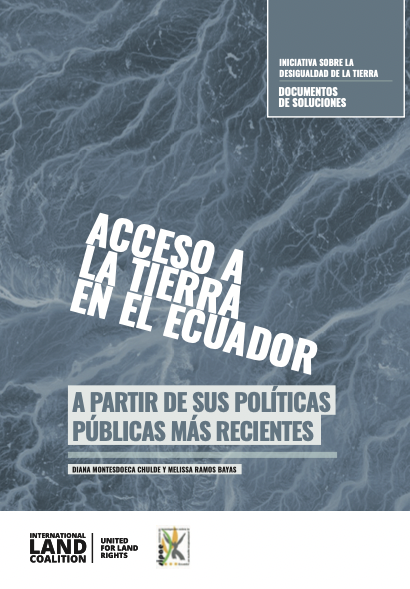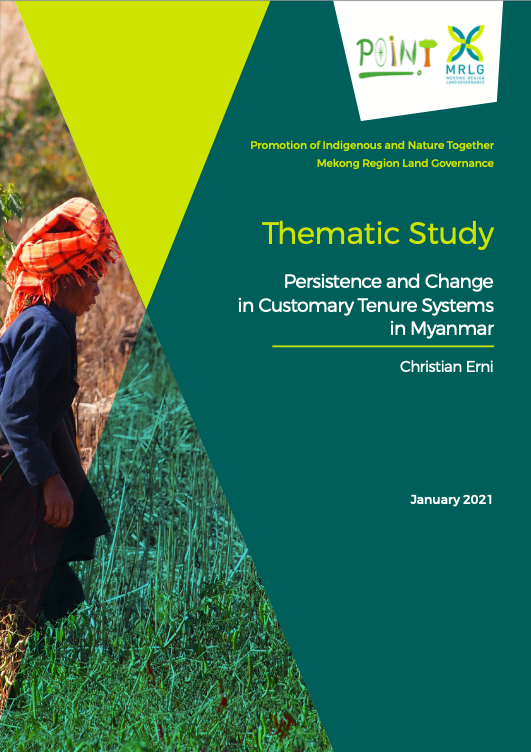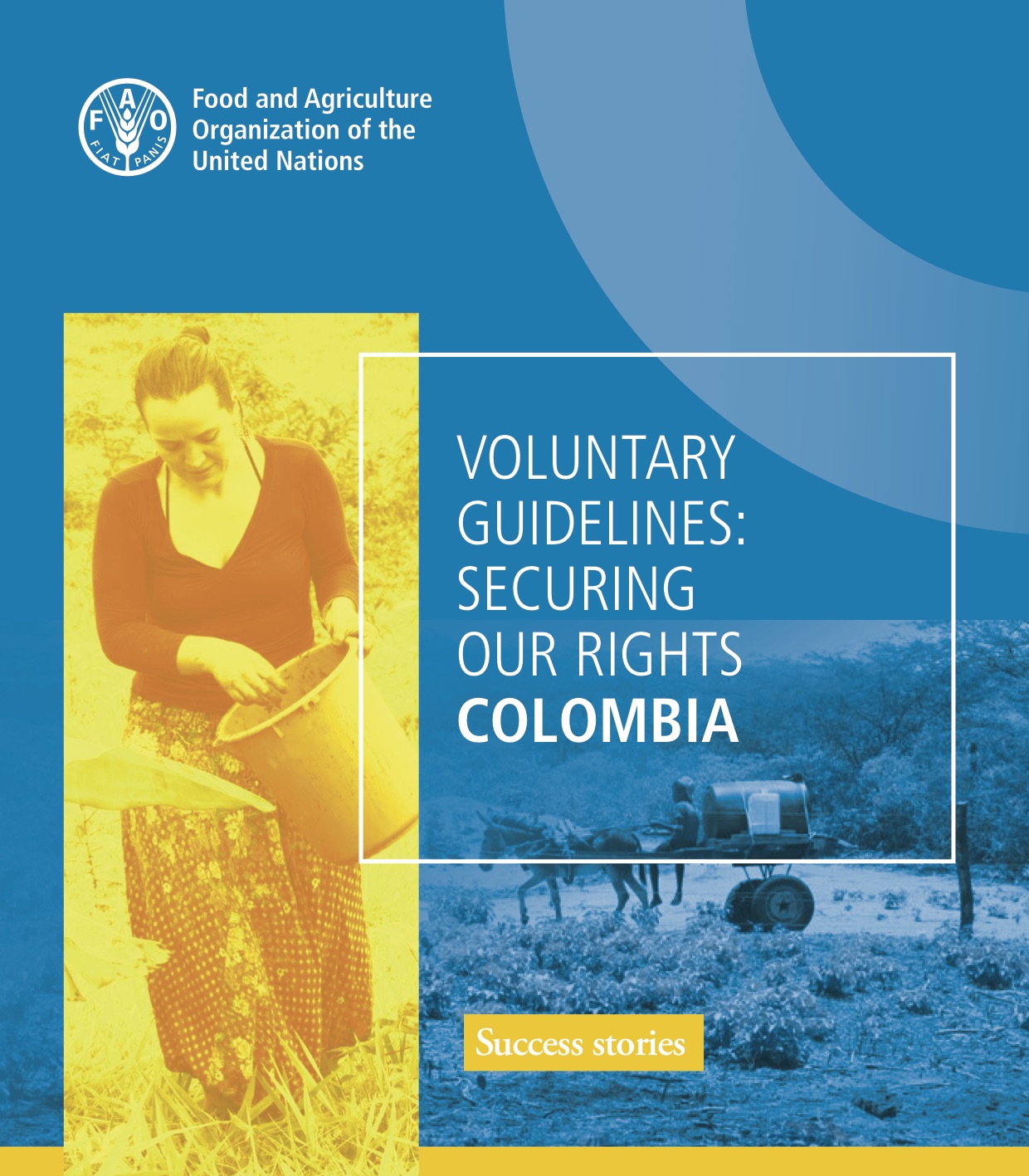Acceso a la tierra en el Ecuador a partir de sus políticas públicas más recientes
Considerando un proceso de más de cinco siglos de desagregación y consolidación de la desigualdad, el presente documento busca centrar su análisis en las más recientes políticas públicas sobre tierra: ¿qué tipo de política?, ¿cuáles fueron sus resultados?, ¿qué impacto tuvo sobre la estructura encontrada?, ¿qué deja?, ¿qué resulta relevante?







